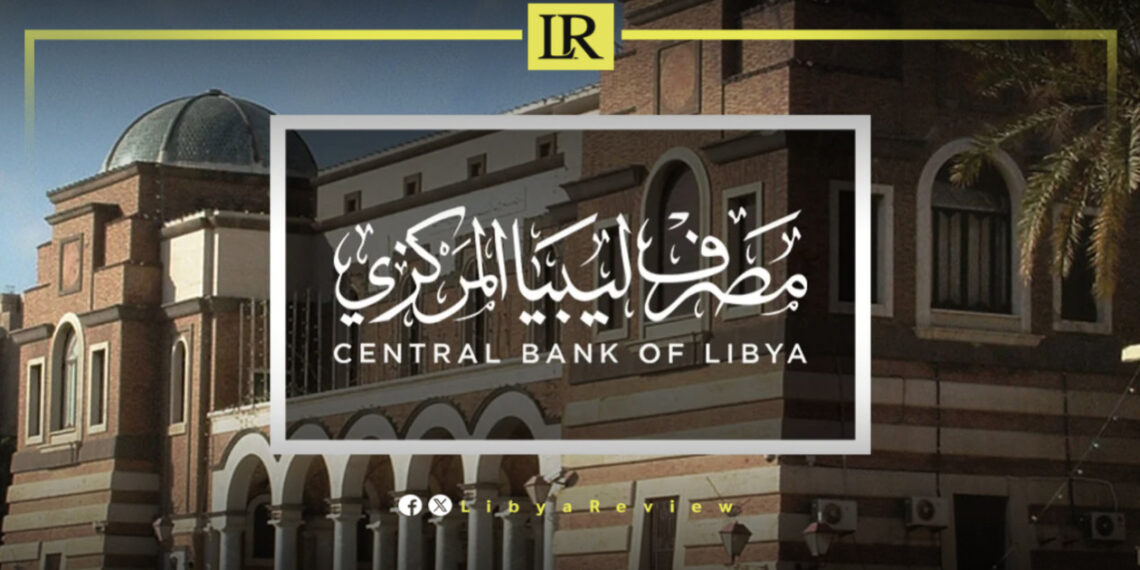On Thursday, the United Nations Support Mission in Libya (UNSMIL) confirmed significant progress in ongoing talks to resolve the leadership crisis at the Central Bank of Libya (CBL).
Representatives from both the Parliament and the High State Council (HCS) have reportedly agreed on key principles for managing the interim period leading up to the appointment of a new Governor and Board of Directors for the bank.
In a statement, UNSMIL noted that the two bodies are set to resume consultations to finalize the terms of their agreement. These developments come after a series of UN-mediated meetings between representatives of the House of Representatives, the High State Council, and the Presidential Council.
UNSMIL emphasized its continued efforts to assist Libya in finding a swift and lasting solution to the Central Bank crisis, which has become a critical issue amid the country’s ongoing political and economic struggles.
Libya has been in turmoil since the 2011 revolution that ousted Muammar Gaddafi, resulting in a fractured political landscape and divided institutions. Among these divisions is the Central Bank, which has operated as two separate entities for years, one in Tripoli and the other in Benghazi.
This split has further destabilized the country’s economy, leaving critical decisions about oil revenues, currency management, and national finances in limbo.
In 2021, initial steps were taken to reunify the Central Bank, but disagreements over leadership appointments, particularly the role of Governor, have stalled progress.
As a result, the country’s financial system remains fragmented, and the Central Bank has been unable to fully address key economic issues such as liquidity shortages, inflation, and salary payments for public sector workers.
The ongoing talks, facilitated by the UN, represent a potential turning point. A unified Central Bank is essential to stabilizing Libya’s economy and rebuilding trust in its financial institutions.
Control over the bank’s vast oil revenues, which fund much of the state’s operations, has been a major point of contention between rival factions, making the appointment of new leadership a crucial step in addressing these challenges.
The delay in resolving the Central Bank crisis is closely tied to the broader political gridlock that has plagued Libya.
National elections, originally scheduled for December 2021, have been repeatedly delayed due to disagreements over electoral laws and political infighting between factions in the east and west.
The 6+6 Committee, tasked with drafting the legal framework for elections, has made some progress, but key issues remain unresolved.


